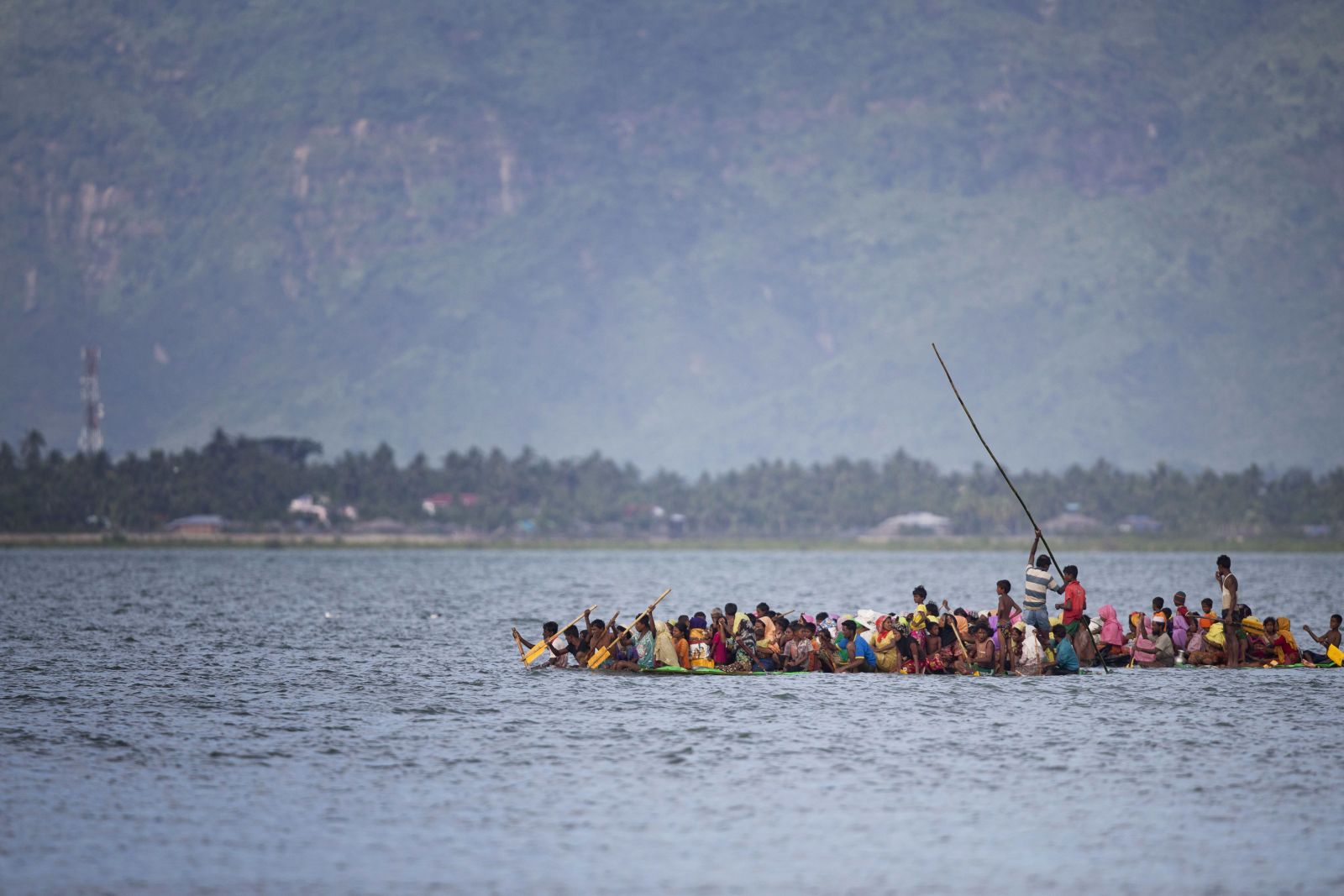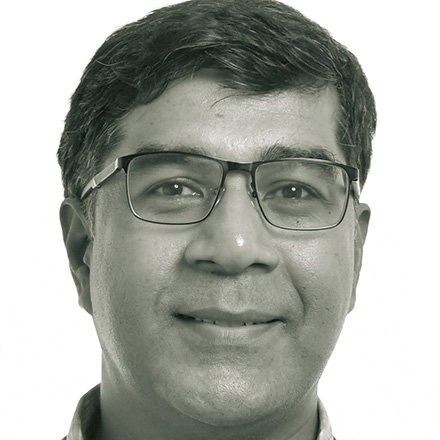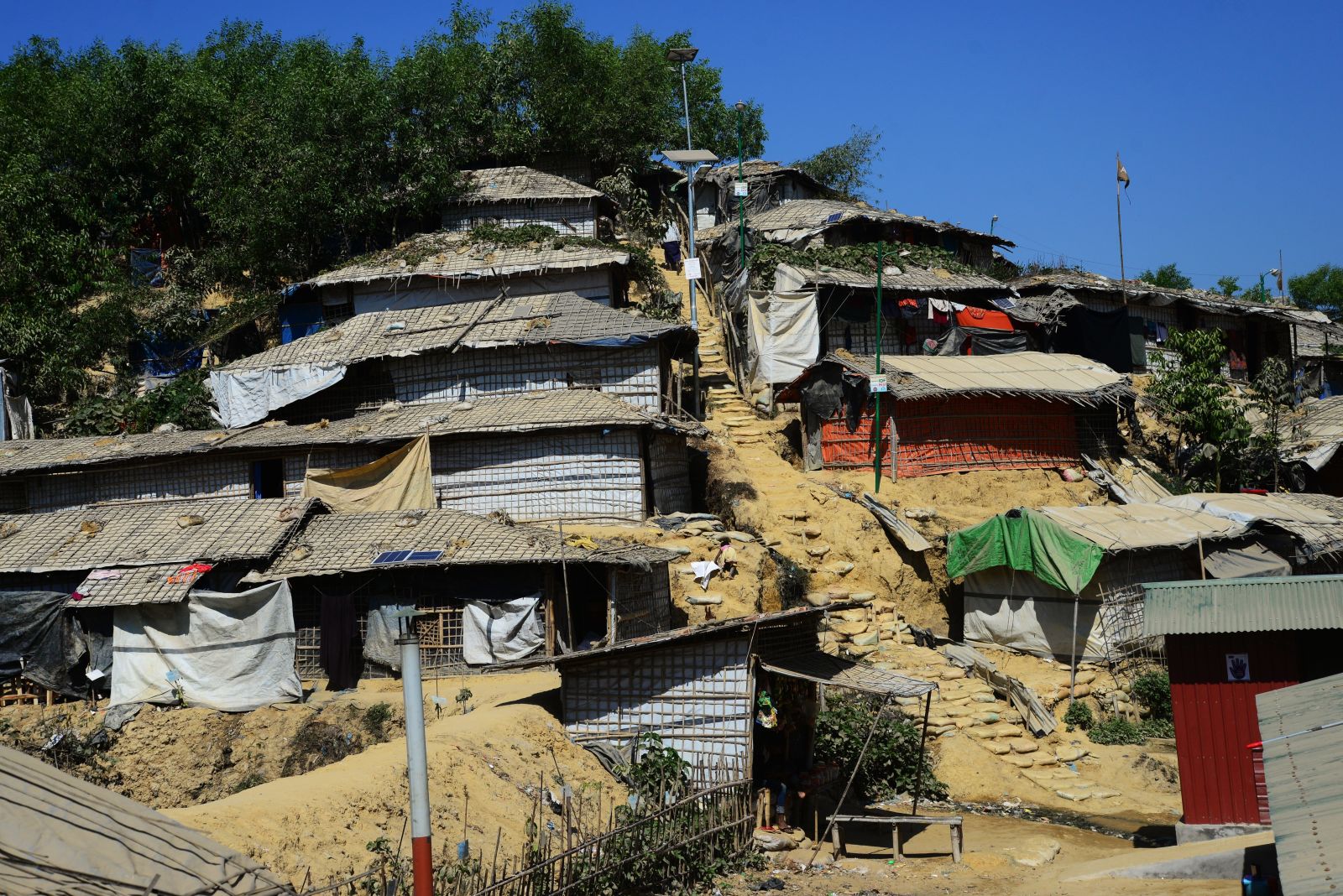No hope for Rohingya
The situation in the camps is unimaginable for people living in safety and comfort. Bangladesh, which is hosting around 700,000 members of the ethnic minority that is persecuted in Myanmar, is a poor country with limited resources. And the international community doesn’t pay: a humanitarian appeal for almost $ 1 billion is funded at only 26 %, as UN secretary general António Guterres wrote in a recent opinion piece for the Washington Post under the headline “The Rohingya are victims of ethnic cleansing. The world has failed them."
It’s obvious that they cannot stay in the camps and that the Bangladeshi government wants to get rid of them as soon as possible. Last year, when the crisis in Myanmar escalated and drove masses of Rohingya people out of their homeland, I called for resettlement in third countries. Here are the figures: in 2017, the UNHCR submitted the files of 5,346 refugees from Myanmar for consideration by resettlement countries. Among the refugees who actually departed to resettlement countries with UNHCR’s assistance last year, there were 4,791 people from Myanmar. Up to now, this year’s figures are similar.
On the other hand, more than 11,000 Rohingya have reached Bangladesh in the first half of 2018.
The UN is working toward repatriation, and after a meeting last week, the UN Security Council has urged Myanmar’s government to step up efforts to create conditions for a safe return. However, none of the international observers who have visited the country recently came back with optimistic reports. Among them were the new UN special envoy for Myanmar, the Swiss diplomat Christine Schrader Burgener, and the UN high commissioner for human rights, Zeid Ra’ad al-Hussein of Jordan, who said: “People are still fleeing persecution in Rakhine – and are even willing to risk dying at sea to escape.” Rakhine is the state in Myanmar where most Rohingya people live.
The return must be voluntary. But apart from violence, discrimination and the lack of livelihoods the Rohingya might fear, there is also the underlying political problem: returnees are pressured to sign a national verification card which marks them as non-citizens. Doing so would mean to accept their status as foreigners in their homeland – and eventually render them stateless for the rest of their lives, including the following generations.
It’s time to put more pressure on Myanmar’s government. And it’s even more urgent to improve the living conditions of 700,000 Rohingya refugees in Bangladesh. The monsoon rains don’t wait for political solutions – danger and misery are acute.












